‘You’re going mad, Sally, you’re making it all up’: Why coercive controllers get away with it
Prolonged and insidious domestic abuse is rampant. And the legal system is ill-equipped to weigh up the burden of coercive control. Why is this? Andy Martin reports

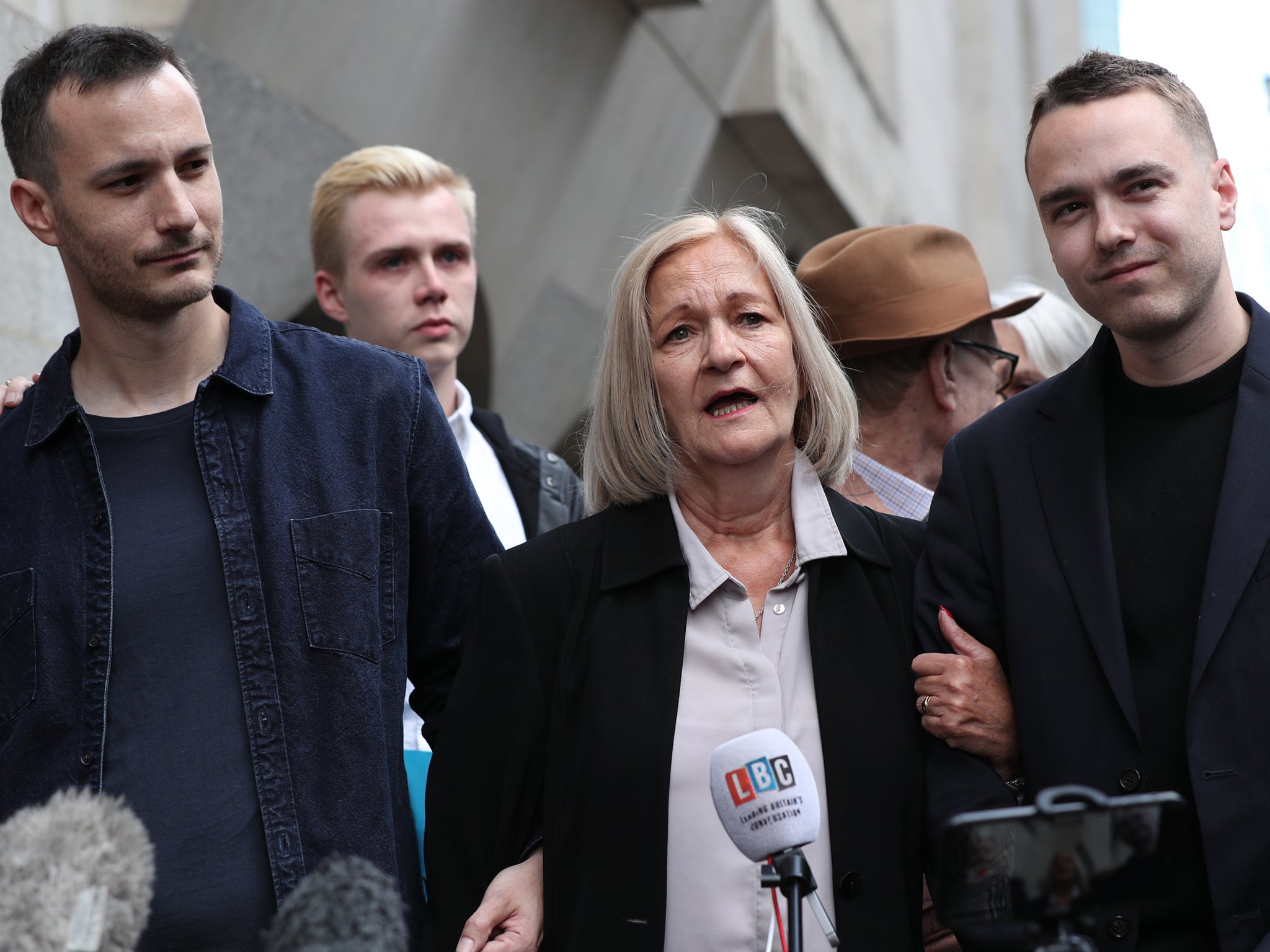
On the morning of 14 August 2010, in the kitchen of their marital home in Claygate, Surrey, Sally Challen picked up a hammer and hit her husband Richard over the head with it 20 times, until he was dead. It wouldn’t have taken very long. Her defence was that he had been slowly annihilating her, psychologically, for decades. Which is worse?
In June 2011, in Guildford Crown Court, she was found guilty of murder and sent to prison for life. The court was incapable of acknowledging the harm she had suffered. The new law on “controlling or coercive behaviour in an intimate or family relationship”, which became a criminal offence in 2015, meant that her defence team, notably lead counsel Clare Wade QC, supported by David Challen, the son of Sally, were able to downgrade murder to manslaughter and she was released in 2019 on account of time served.
Cue celebrations by the survivors of domestic abuse, who fondly imagine that this so-called “landmark case” meant that the bad old days of coercive control were finally numbered and judges and juries in future would be wise to the myriad machinations of the controllers – sexual, financial, physical, but above all verbal and mental – and would duly put them away. But the fact is not a lot has changed. Coercive control is still rampant – perhaps more than ever during lockdown – and the legal apparatus is ill-equipped to weigh up the burden of long-term abuse in the scales of justice. Why is this?
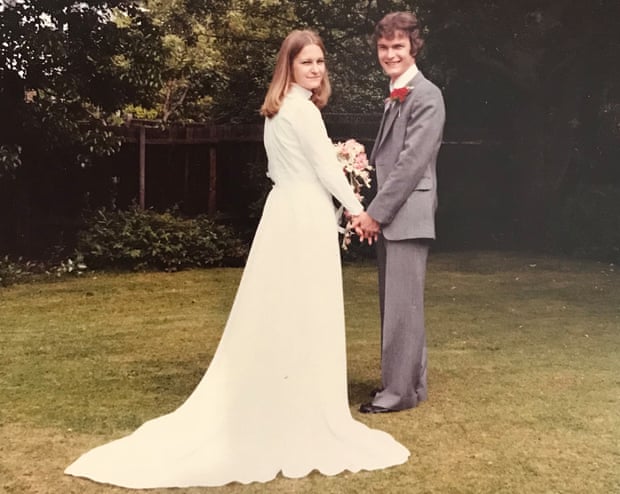
Suprisingly enough, Coronation Street provides a clue. The long-running television soap recently sustained a coercive control storyline (involving Yasmeen and Geoff) over the best part of a year. You need a year, at least, to plot all the ramifications and manifestations of a deep strategy of abuse. Coercive control is not a singular act but a pattern of sustained and often subtle assault on the mind of another person.
It is not one dramatic moment (like hitting someone over the head with a blunt instrument) but more like a saga, an epic poem, a long-distance narrative with a lot of twists and turns. It’s a war not a battle. You can’t sum it up in a sentence or a sound bite. Coercive control is on more of a geological timescale with a slow, steady drip, drip of seemingly small incidents, gradually piling up into something huge. Until, ultimately, there is a final straw and the poor old camel either fights back or dies.
Coercive control is not a singular act but a pattern of sustained and often subtle assault on the mind of another person. It is not one dramatic moment but more like a saga, an epic poem, a long-distance narrative with a lot of twists and turns
The wheels of justice, it is said, turn very slowly. And so they do. But the reality is that courts, not unlike addicts of hardcore crime novels, demand bang for their buck. They are attuned to high drama, poised as ever to lock up villains of every stripe, who have robbed banks or trains, murdered or mugged somebody – preferably in a visible way leaving a trail of fingerprints and footprints and DNA and hair – or committed other innumerable offences provided they are done in a way that can be readily specified in time and space.
Our sense of chronology, in the judicial context, is skewed towards the one-off event, lasting barely a moment or a minute or two. Whereas the nature of coercive control is to be multiple, subtle, various, prolonged, cumulative – the kind of torture that may not leave visible scars or tangible evidence. Coercive control is chronological; criminal justice abhors (or at least is tilted against) chronology. The courts prefer a datum; coercive control is nothing if it is not big data.
Long and short – with the emphasis on short – it is far easier to convict a Sally Challen than a Richard Challen. The sad truth is there are a lot of Sallys out there. Or in there. When Sally Challen came out of prison one of the first things she said was that there were plenty of other women in prison, victims of flagrant coercive controllers, who didn’t deserve to be there either. As Clare Wade says: “Better defended women still get convicted by juries.”
The methods used by husbands on wives have been traced back to the classic ‘brainwashing’ techniques practised on prisoners of war
Wade was largely responsible for getting Challen out of jail. “When I went to the Court of Appeal,” she says, “we were able to argue that coercive control was a new way of looking at domestic abuse. It wasn’t until the Challen case that we were able to show it was a reason or mitigation for murder.” She recalls that the 2015 act was largely based on the work of Evan Stark, a professor emeritus at Rutgers University in the US and “forensic social worker”, and author of the 2007 book, Coercive Control: How Men Entrap Women in Personal Life. But the methods used by husbands on wives have been traced back to the classic “brainwashing” techniques practised on prisoners of war in the Korean War of the 1950s: isolation, surveillance, intimidation, degradation, enforced dependency and fear of violence.
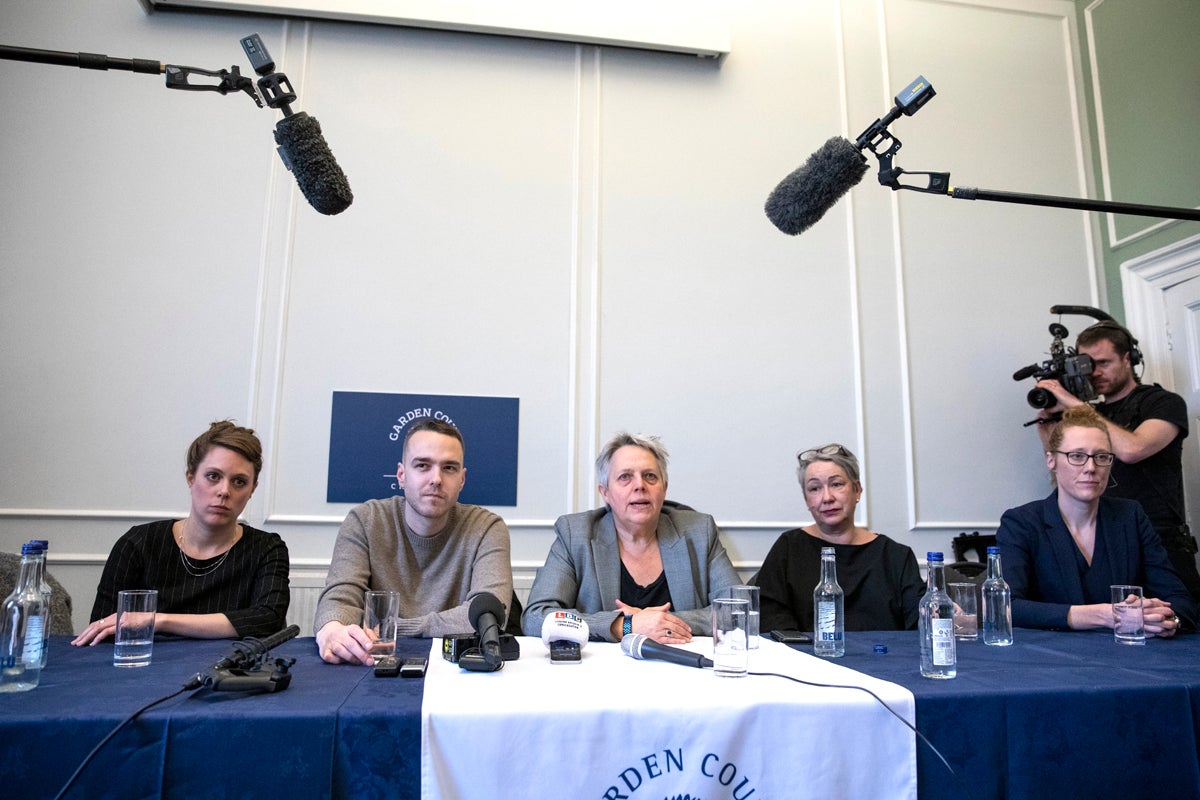
Wade describes coercive control as a “bespoke form of abuse… a strategy for making people feel they cannot escape”, relying on “invisible handcuffs and chains”. She strongly objects to the classic French-style crime passionnel defence of murder. “It always reduces domestic homicide to melodrama,” she says. It’s all about jealousy and revenge – and it is possible to find elements of this in the Challen case. Richard Challen was systematically unfaithful, scoured dating websites and frequented brothels. On the morning of his murder he was texting his next date. Sally Challen even pinned a note to his body – having wrapped her now deceased husband in old curtains – saying, “I love you.”
But all of this has to be seen in the context of Richard Challen’s longer-term strategy to “break” his wife (as is said of PoWs), to isolate and humiliate her and make her doubt her own sanity. One of his regular remarks to his wife – his mantra – was: “You’re going mad, Sally. You’re making it all up.”

In other words, a textbook example of gaslighting. “It’s a new concept of criminal harm,” says Wade. “We are not talking about specific acts of violence. Each one of a succession of small acts may not be criminal – you have to look at the overall picture.” And it’s more of a pointilliste picture, a Seurat or a Lichtenstein – you have to be able to connect up all the dots.
“I’m completely concerned with the why,” says Wade, “not just the how, when and where. It’s important to understand why it has happened.” In terms of understanding the long, slow narrative of domestic breakdown, it probably helps that she acquired a degree in English literature from Durham University before becoming a barrister.
There was a failure to recognise Sally Challen’s mental health condition. She was bipolar and had a dependent personality disorder, and was ‘unhinged’ by her husband’s behaviour over the years
David Challen wasn’t at home at the time of the murder. But he had to go and identify the body of his father. He recalls that everyone in the family at one time or another had tried to put a stop to what his father was up to. “But you just couldn’t land a punch. It was the most frustrating thing. We all tried to stop him but there was no power in the law to do anything about him.” He says that at the time of the first trial there was “a failure to recognise her [Sally Challen’s] mental health condition. She was bipolar and had a dependent personality disorder,” and was “unhinged” by her husband’s behaviour over the years.
“The lack of physical evidence means it’s hard for judges and juries to register.” David Challen has since become a campaigner on domestic abuse and he gets “loads” of requests for help from victims or friends of victims. “My mum’s case is not an isolated case. Anyone is capable of coercive control. Anyone can be a victim.”
Murdering someone is the ultimate form of control. Homicide, but above all femicide – it is overwhelmingly men who kill women, not the other way around. Or drive them to suicide, as in the 2018 case of ex-soldier Stephen Gane, who bullied Kellie Sutton into hanging herself. Jane Monckton Smith, former police officer and now professor of public protection at the University of Gloucestershire, examined 372 killings in the UK in researching her book, In Control: Dangerous Relationships and How They End in Murder.
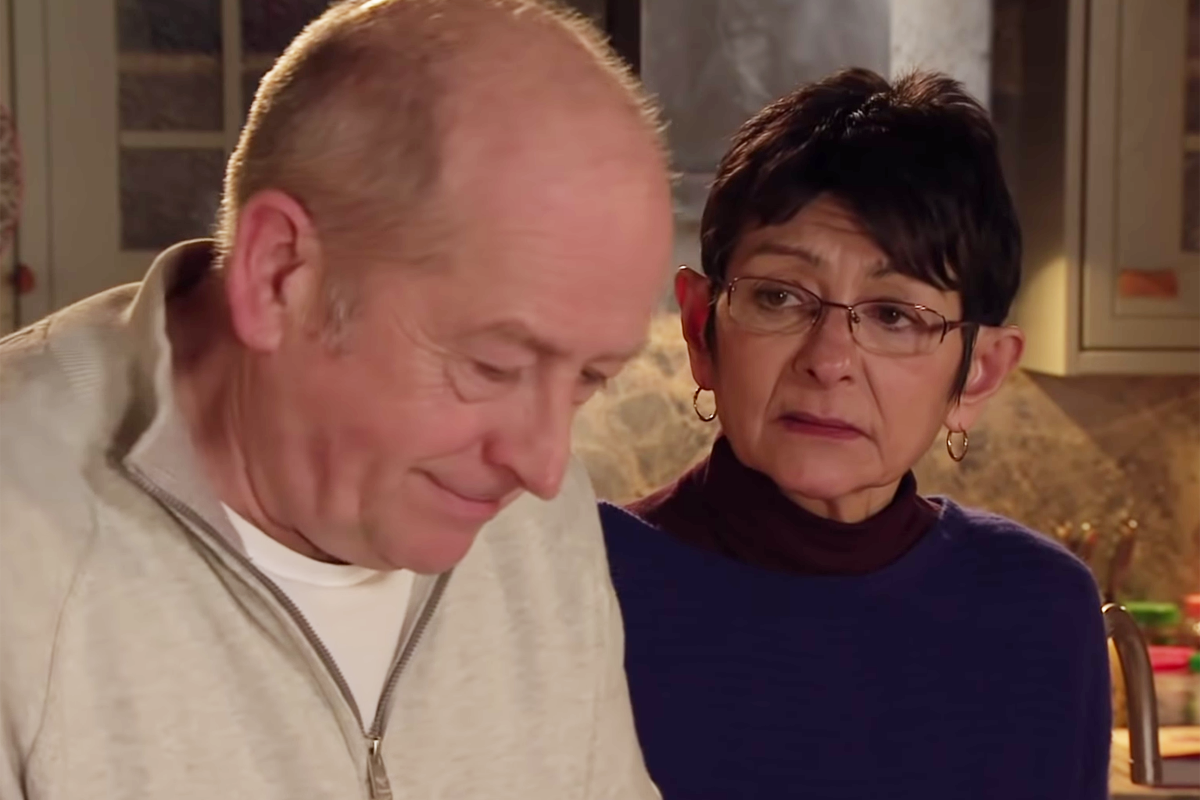
She sets out an eight-stage “intimate partner homicide timeline”: history of abuse, fast-forward romance, coercive control, trigger, escalation, change of thinking, planning and murder. The key thing to retain in all this is there is no “moment of madness”, no “crime of passion”. Anyone who says: “a red mist came down, your honour, I just snapped” is just lying or kidding themselves.
Now there is a law to cover this type of slow burn, corrosive crime, but the law, without being an ass, may well be ineffective on account of its anti-chronological bias. Which is why we have Caron Kipping, a divorce and separation coach, dedicated to rescuing women from abusive relationships. She has written a highly practical book on the subject, From Recognition to Recovery: How to Leave Your Abusive Ex Behind for Good. She knows, from her own intimate experience, exactly what to steer clear of, if you possibly can. Don’t be “swept off your feet”, for starters – it’s only going to end in a fall.
You feel powerless. They make you believe you are the problem. Everything you do is to stop them being in a mood. In the end it’s not worth the hassle. You lose everything, who you are, you don’t have a voice any more
Kipping was a student nurse, 17, living away from home for the first time and low on confidence. He was a charmer, working in the same hospital, who “before I knew it” moved into her accommodation. In her mid-twenties they got married in Gretna Green. “I thought, it will make him happy and we will be OK.” It didn’t and they weren’t. “I should never have got married, but I just couldn’t say it. We had an argument on the day before the wedding, and on the day itself. He didn’t want to hang about talking to my family and he was moaning about how itchy his suit was.
“It seeps in subtly, you don’t even notice it. Once you’re much further in, you suddenly realise you don’t have any friends, you’ve lost contact with your entire family, your confidence is rock bottom. You feel powerless. They make you believe you are the problem. Everything you do is to stop them being in a mood. You never wake up in the morning and say, ‘I want to do this today’ or ‘I want to see someone today’ – you have to ask. In the end it’s not worth the hassle. You lose everything, who you are, you don’t have a voice any more.”
Finally, after 10 years, she summoned up the strength of will to get out and get on a train to Scotland. “It’s the scariest thing I’ve ever done. I knew he would be furious. He could have killed me.” Now she is helping other women get on the train.
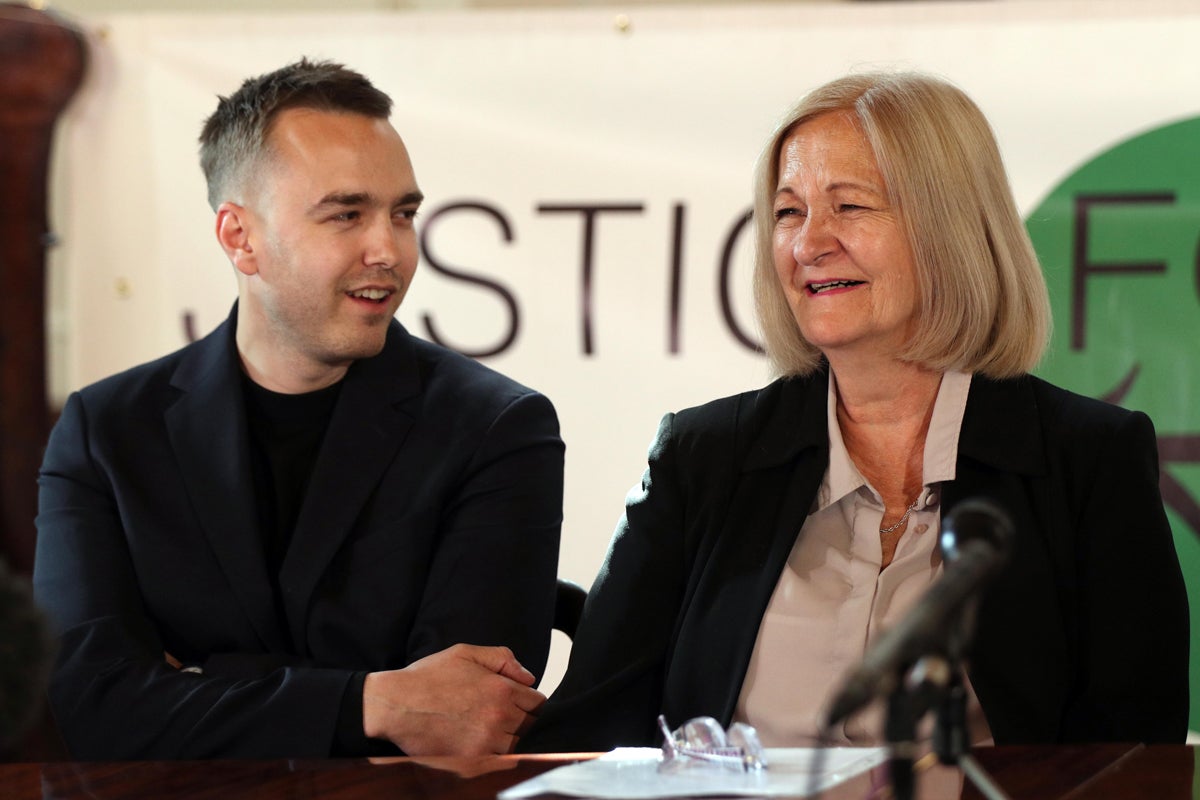
If you were to take Hollywood seriously, you’d think it was all about the femme fatale. Consider Double Indemnity, for example: a blonde bombshell, Barbara Stanwyck, manipulating poor, gullible Fred MacMurray into doing the killing for her. Or Raymond Chandler’s Farewell, My Lovely: it’s Velma pulling the strings, not Moose Malloy. But as Clare Wade says decisively, “I haven’t encountered any men who have been coercively controlled; it’s not the way that domestic violence tends to work. There’s a reason why so many women were encouraged by the Sally Challen case.”
One phrase of Wade’s lingers with me: “There are people under siege.” And by “people” she means women. All of the statistics are rubbish because most of these phenomena go unreported and unrecorded. But here’s one: we need to rethink romance 100 per cent. Call me a dark, pessimistic, paid-up neo-existentialist if you will, but – especially after talking to so many people close to the coercive control experience – I tend to cleave to the view that the world is divided up into two groups of people: those who control and those who do the controlling.
Marriage seems to me tailor-made for coercive control. You could say it was designed to be this way. Surely the very word “groom” should suffice to warn anyone off. “Wedlock”: why would anyone want to do this to themselves? “Till death do us part,” can now be understood to mean: stand by me or I’ll murder you. And then there are the relationships that seem like killing or annihilating someone else but stop short of actual murder.
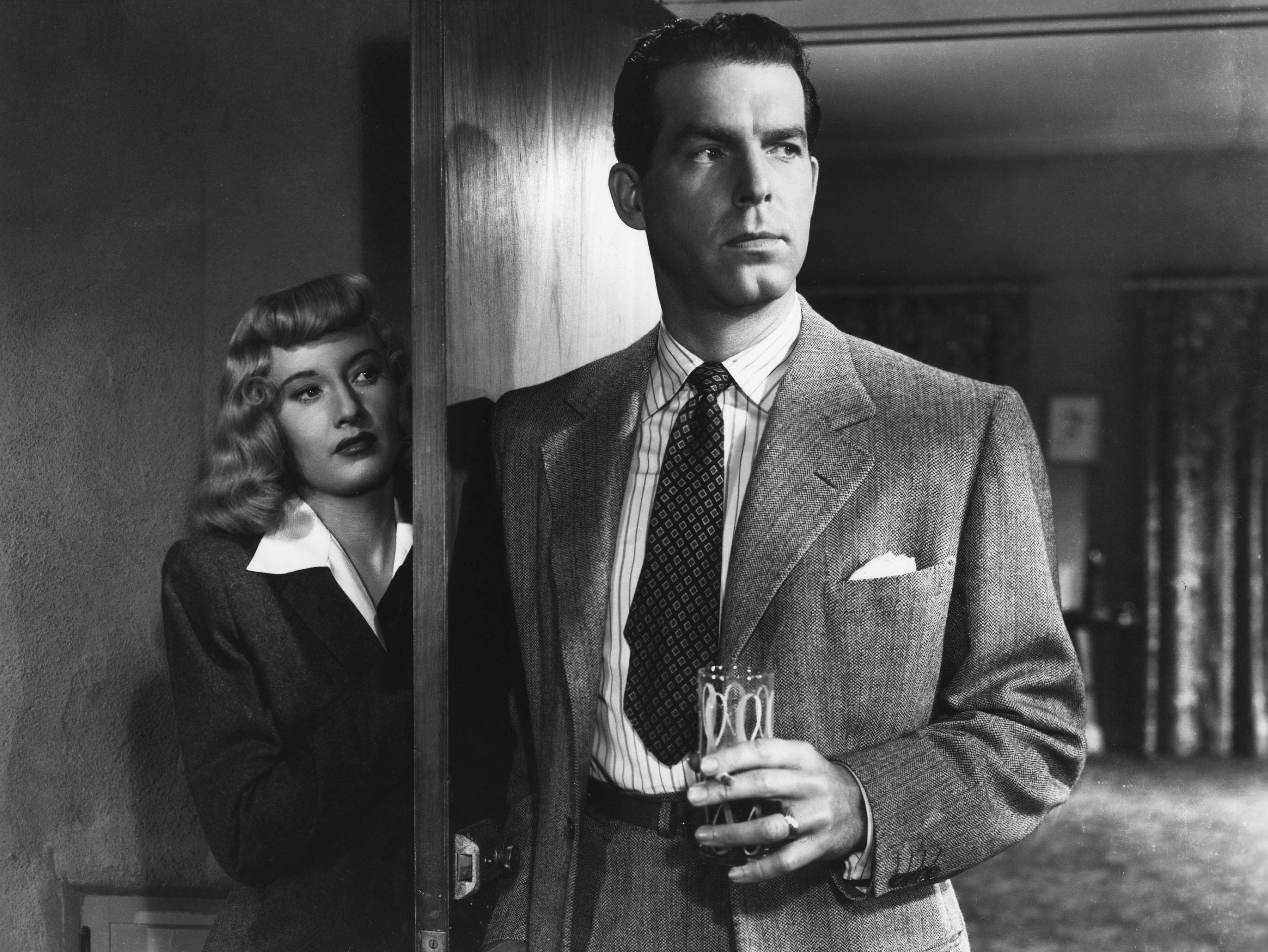
Caron Kipping reassures me that it’s not quite as dark as all that. “There are some examples of healthy relationships,” she says. But it is clear she thinks this is the exception rather than the rule. “There are nice men out there – they’re not all horrible.” It sounds a bit like looking for a needle in a haystack.
According to Vladimir Propp’s Morphology of the Folktale, all the old stories end with a wedding. Oddly enough, I’ve recently been invited to one. I hear, moreover, that there are now approximately 50,000 weddings stacking up in the UK, like planes (pre-Covid) over Heathrow. Wouldn’t it be better if they never came into land? “They lived happily ever after.” Not.
Andy Martin is the author of ‘Surf, Sweat & Tears: the Epic Life and Mysterious Death of Edward George William Omar Deerhurst’ (OR Books)
Join our commenting forum
Join thought-provoking conversations, follow other Independent readers and see their replies
Comments